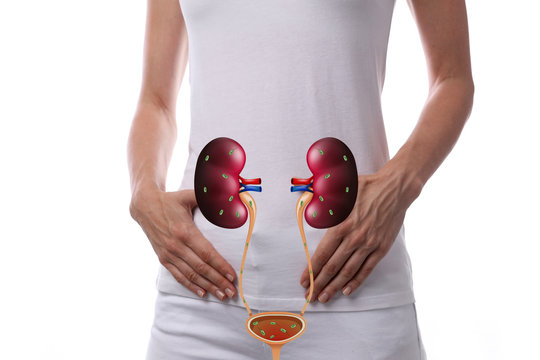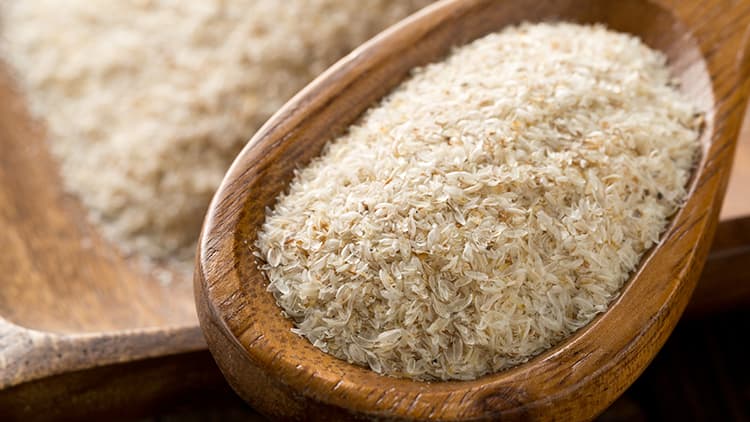
Garlic; a natural defense against viral diseases
March 18, 2021
Are you playing Golf? … These may be steps towards a healthier life, happiness and longevity
April 3, 2021Urinary tract infection (UTI) is a common health condition which affects many individuals worldwide. When we say urinary tract, this includes kidneys, ureter, bladder and urethra. Urinary Tract Infections (UTIs) typically occur when bacteria or disease causing micro-organisms enter the urinary tract and multiply due to weaker defense mechanisms of the body.
[Bacteria are microscopic organisms; some of them cause disease while others could be beneficial.]
Some common risk factors for developing UTIs may include; catheter use, poor hygiene status, structural abnormalities of urinary tract etc. Moreover, individuals with compromised immune system or people suffering through conditions such as kidney stones, and women as they have short urethra are more prone to develop UTIs.
Individuals suffering through UTIs may present with signs and symptoms such as; frequent urination, pain or burning sensation while urinating, fever, pelvic or lower abdominal pain, lower back pain, strong-smelling urine, persistent urge to urinate, cloudy or pinkish urine etc.
Furthermore, people suffering through UTIs could encounter recurrent episodes of infection. Physicians usually treat UTIs with antibiotics.
However, lifestyle interventions such as drinking plenty of water and fluids, maintaining proper hygiene, healthy diet intake, exercise and stress management can play a crucial role in preventing UTIs.
Urinary tract infections are often caused by a strain of bacteria called Escherichia coli (E.coli), and doctors long have relied on antibiotics to kill the microbes; but researchers are interested to explore alternative treatment strategies as bacterial resistant to these drugs is increasing. Thus, the researchers at Washington University School of Medicine in St. Louis conducted an interesting research; the study may have implications for treating UTIs which are among the most common bacterial infection worldwide.
Researchers explained that they often do not know that why certain people seem to be prone to recurrent UTIs. For a long time they had inexpensive antibiotics that worked really well for this. But over the last 10-15 years they have seen a huge jump in bacterial infections that are resistant to many of these drugs. Thus, researchers were interested in studying how the body naturally fights bacterial infections. During the studies scientists cultured E.coli (A microbial culture is a method of multiplying microbial organisms by letting them reproduce in predetermined culture medium under controlled laboratory conditions) in urine samples from healthy volunteers. In the samples they noted major differences in how well individual urine samples could harness or utilize a key immune protein to limit bacterial growth. The urine samples were divided into two groups based on whether they permitted or restricted bacterial growth. Moreover, scientists found that the urine samples that prevented bacterial growth supported more activity of a key protein called siderocalin, which the body makes naturally in response to infection; than the samples that permitted bacteria to grow easily. Research conducted in past has suggested that siderocalin helps the body fight infection by depriving bacteria of iron, a mineral necessary for bacterial growth.
However, researchers were interested to find if any characteristic of their healthy volunteers were associated with the effectiveness of siderocalin; of all the factors they measured the only one that was really different between the two groups was pH- how acidic or basic the urine was. Conventional wisdom in medicine favors the idea that acidic urine is better for restricting bacterial growth; but results of the study were surprising because samples that were less acidic, closer to neutral pH of water showed higher activity of the protein siderocalin and were better at restricting bacterial growth than the more acidic samples.
Researchers argue that this finding could have implications for how patients with UTIs are treated. However, they further explained that urine is a destination for much of the body’s waste in form of small molecules; it is an incredibly complex medium that is changed by diet, individual genetics and many other factors other than pH. Thus, after analyzing thousands of compounds in the samples it emerged that the presence of small metabolites (small molecules or organic compounds which are involved in different biological processes) called aromatics, which vary depending on a person’s diet also contributed to variations in bacterial growth. Urine samples that restricted bacterial growth had more of these aromatic compounds, when compared to urine samples that permitted bacterial growth. Scientists suspect that at least some of these aromatics are good iron binders, helping deprive the bacteria of iron; and these molecules are not produced by human cells but by a person’s gut microbes as they process food in the diet.
[Gut microbiota, gut flora or microbiome comprise of microorganisms that live in digestive tract of human and other animals. They help in digestion and benefit immune system and also affect other aspects of health.]
According to researchers, their study suggests that the body’s immune system harnesses dietary plant compounds to prevent bacterial growth; and they identified a list of compounds of interest and many of these are associated with specific dietary components and the gut microbes. They further added that their results implicate cranberries among other possible dietary interventions. However, many studies already have investigated extracts or juices from cranberries as UTI treatments but the results of such investigations have not been consistent. Thus, researchers suspect that it is possible that cranberries may be more effective when paired with a treatment to make urine less acidic; and even then may be cranberries only work in people who have the right gut microbes.
For the studies the research team also studied the bacteria’s strategies for resisting body’s innate immunity. E.coli makes a compound called enterobactin that binds strongly to iron, stealing it from the host. The study showed that enterobactin is particularly good at binding iron in urine. Thus, finding ways to block it may open up new opportunities for developing antimicrobial drugs that work very differently from traditional antibiotics.
[Innate immunity refers to nonspecific defense mechanisms that come into play immediately when the disease causing organisms and harmful substances enter into the body. They include barriers such as skin, chemicals in the blood, and immune system cells that attack foreign cells in the body.]
Furthermore, scientists suggest that this research project gives them future direction to explore the specifics of the gut microbiome of their healthy volunteers and also working out more of the details governing whether the body or the bacteria will win the battle over iron.
REFERENCE:
A person’s diet, acidity of urine may affect susceptibility to UTIs
https://www.sciencedaily.com/releases/2015/06/150625161623.htm






